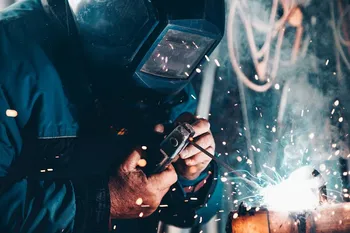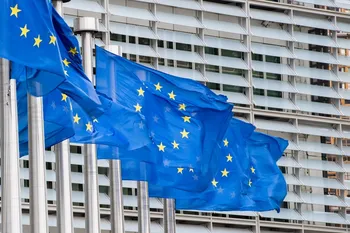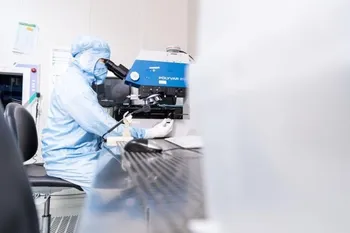In line with the objectives of the Circular Economy[1] and Zero Pollution Action Plan[2], as well as the 2021 Communication on Sustainable Carbon Cycles targets[3], the successful proposals will facilitate the deployment of sustainable products based on conversion of biogenic gaseous carbon from renewable resources. Successful proposals will also contribute to the implementation of the EU Bioeconomy Strategy[4] and the updated EU Industrial Strategy[5].
Projects results are expected to contribute to all of the following expected outcomes:
- Industrial symbiosis in the bio-based sector to reduce GHGs emissions.
- Improved environmental performances and resource efficiency of bio-based processes.
- Improved and upscaled CCU technologies in the bio-based systems[6].
- Enhanced carbon removal potential of bio-based systems as storage of carbon from biogenic gaseous emissions into circular and/or long-lasting bio-based chemicals and/or ingredients and/or materials[7].
Biogenic gaseous carbon[8] from bio-based systems and biorefineries can be used as a sustainable feedstock to replace fossil carbon to obtain chemicals (including polymers), ingredients and materials while further contributing to reducing CO2 emissions and to increasing carbon sequestration in circular and/or long-lasting bio-based products and materials. The resulting innovative value chains have the potential to turn a problem (related to carbon gaseous emissions in the atmosphere) into an opportunity for EU socio-economic growth
...






